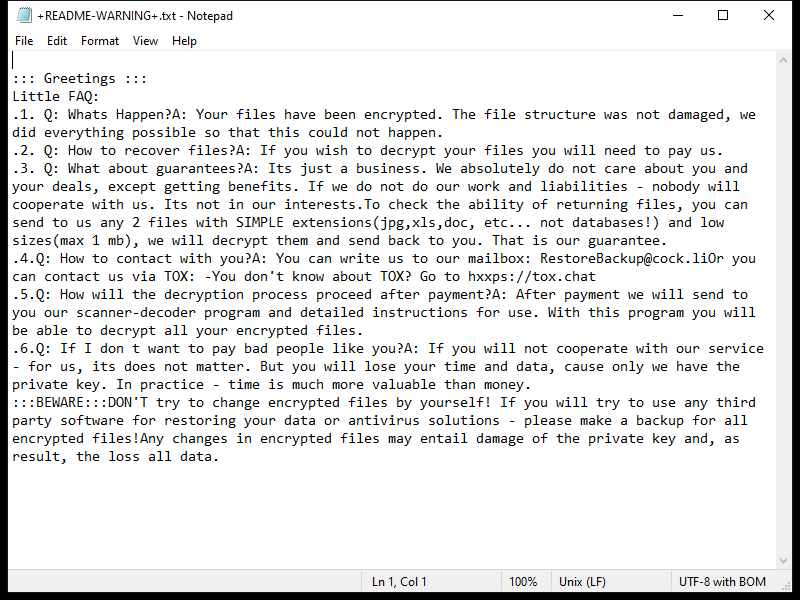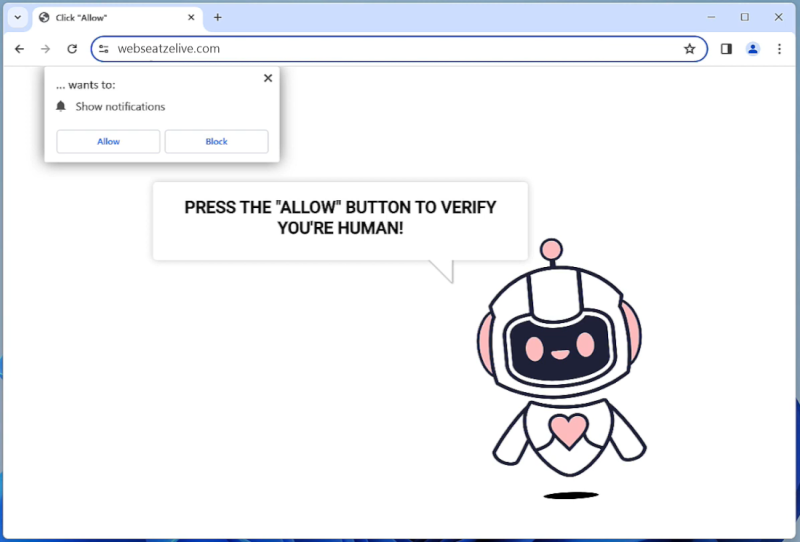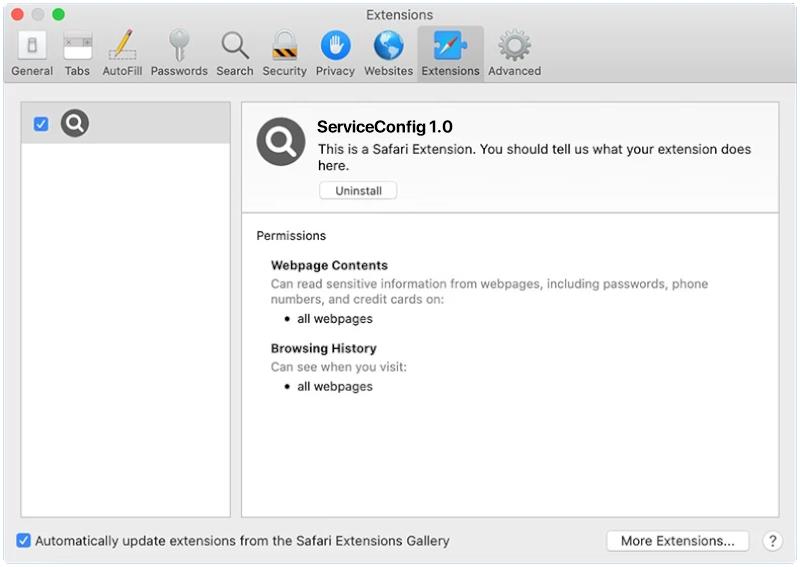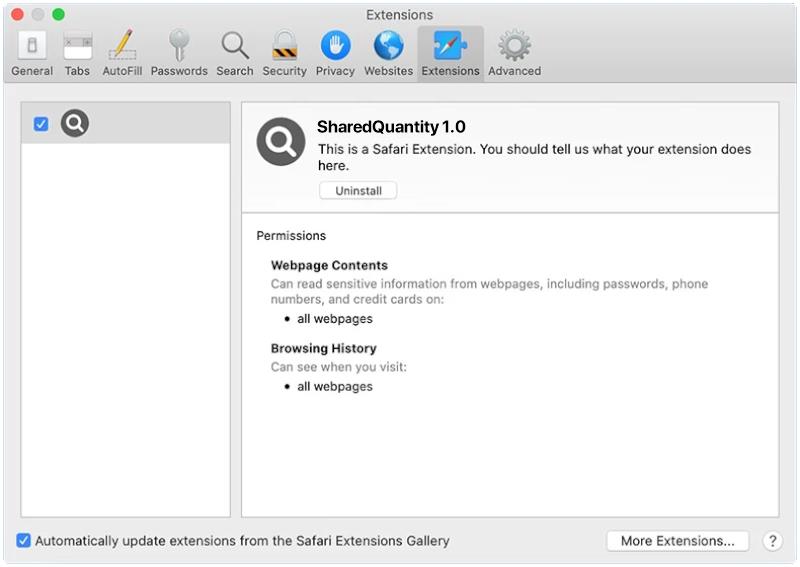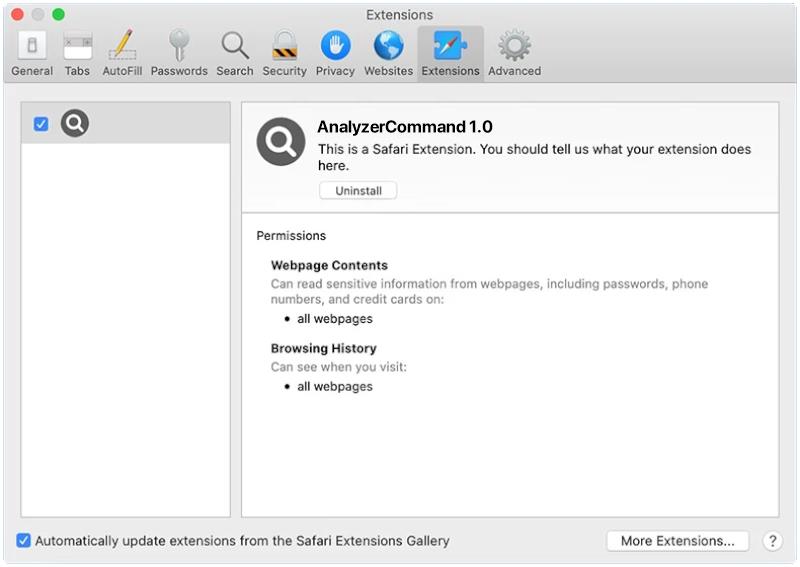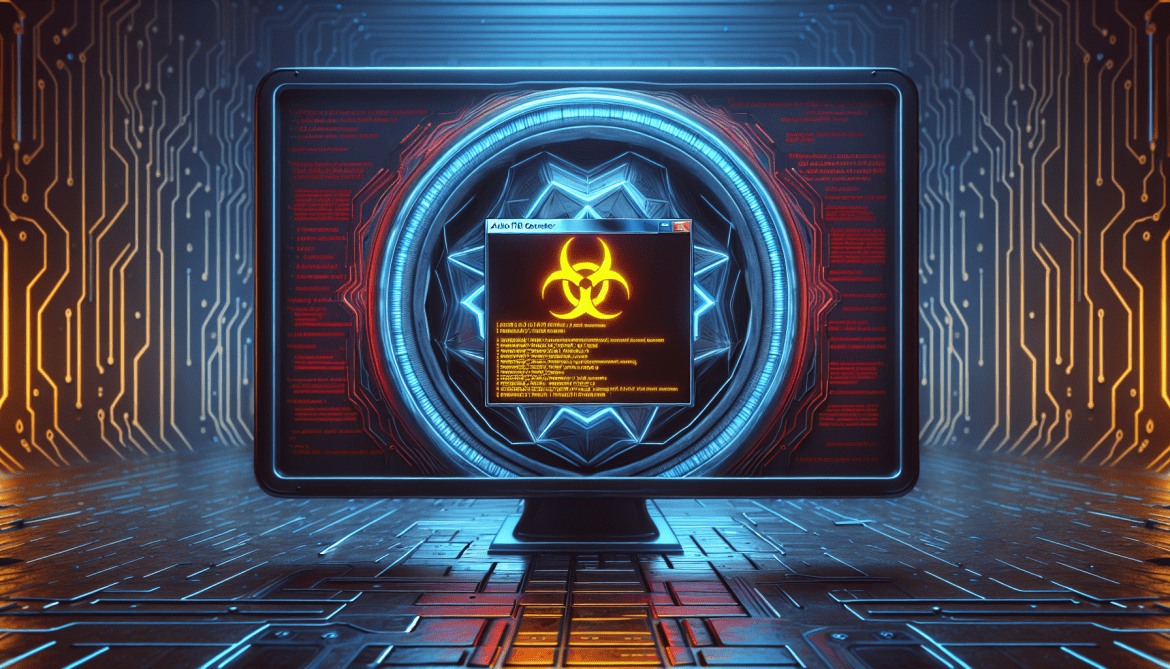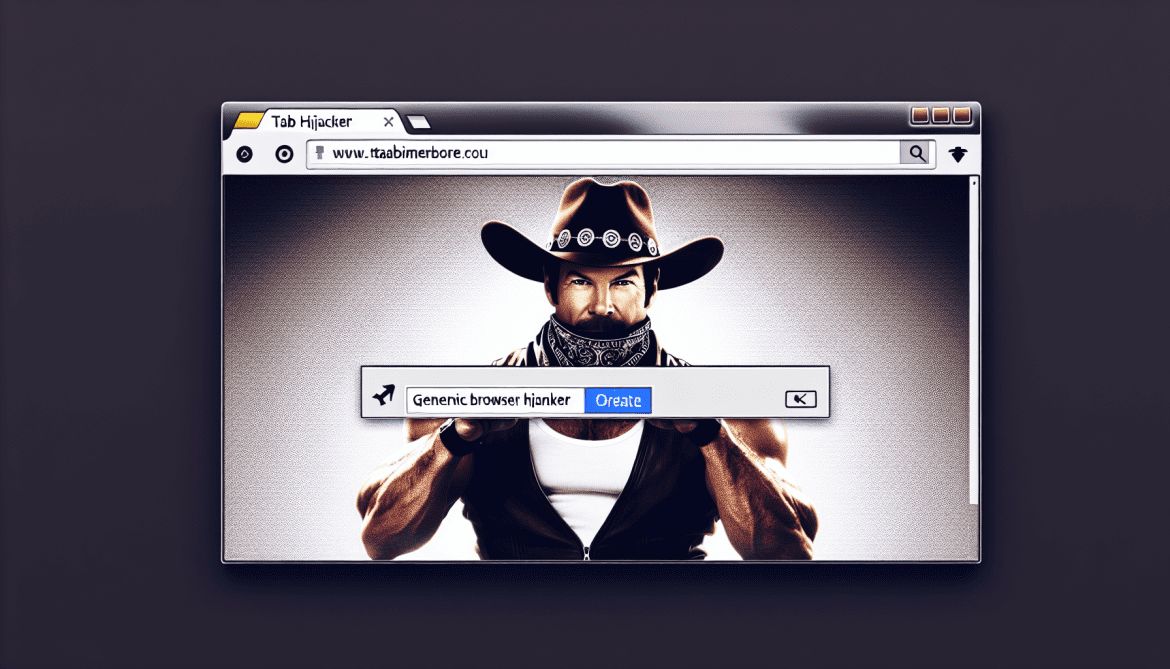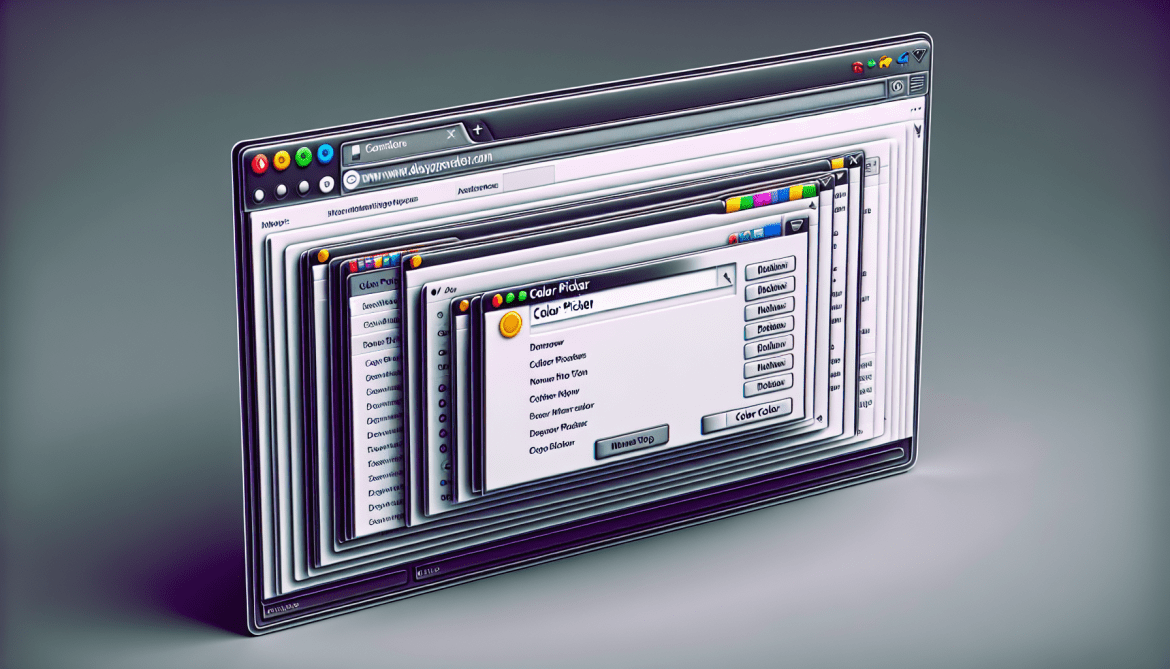SRC Ransomware is a type of malicious software that encrypts files on a computer and demands a ransom for their decryption. It typically infects computers through malicious emails, fake software downloads, or compromised websites.
When SRC Ransomware infects a computer, it adds a .src file extension to encrypted files. It uses strong encryption algorithms such as AES or RSA to lock the files, making them inaccessible without the decryption key.
The ransomware creates a ransom note, usually named “README.txt” or similar, that contains instructions on how to pay the ransom in exchange for the decryption key. This note is typically placed on the desktop or in folders containing encrypted files.
As of now, there are no decryption tools available for decrypting files encrypted by SRC Ransomware. However, it is not recommended to pay the ransom as there is no guarantee that the cybercriminals will provide the decryption key or that the files will be successfully decrypted.
If your files have been encrypted by SRC Ransomware, the best course of action is to restore them from a backup or try using data recovery software to recover the original files. It is also important to remove the ransomware from your computer to prevent further damage.

